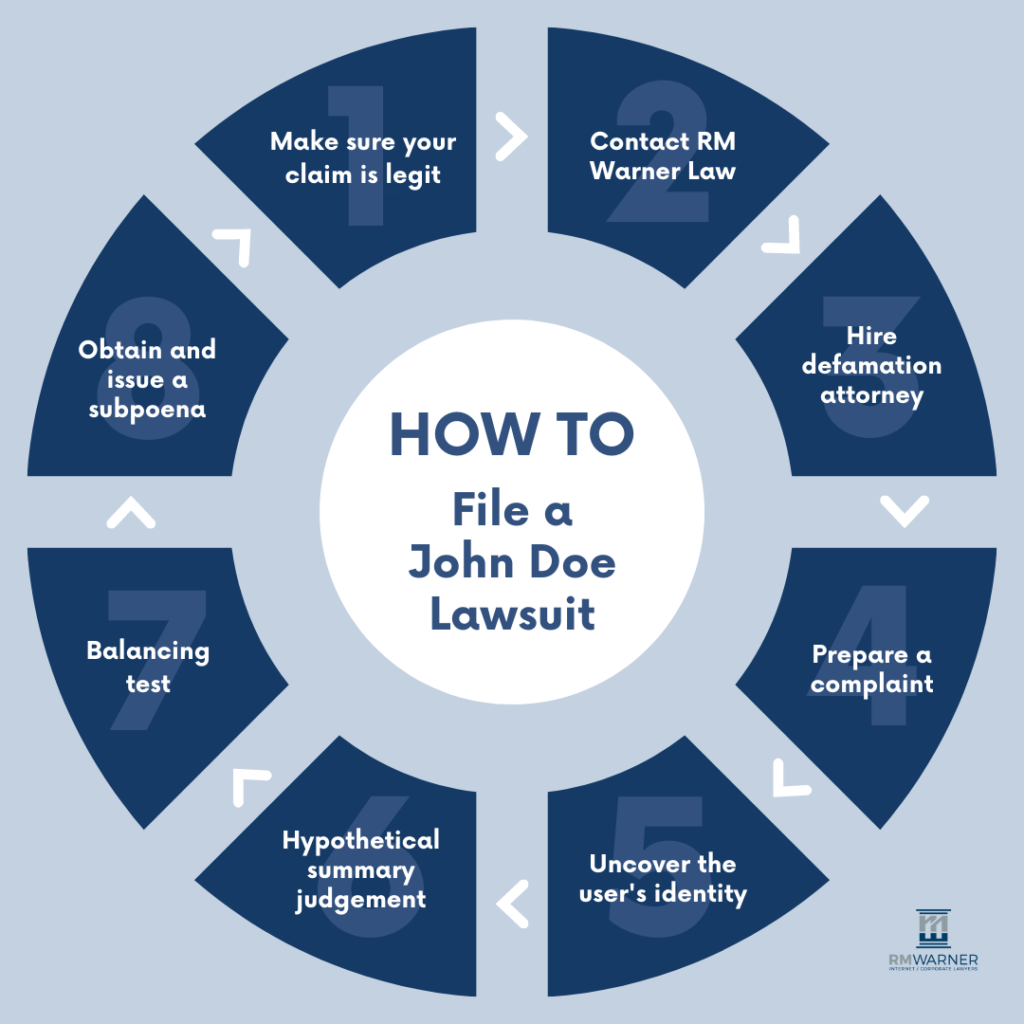What the Law Can (and Can’t) Do About Online Harassment
What the Law Can (and Can’t) Do About Online Harassment

We’ve all seen nasty comments targeting other people online. Perhaps you, too, have been a victim. Although it can be tricky determining when comments cross the line into harassment, we assembled some general guidelines to assist you. Online harassment, or cyber harassment, is the act of sending threatening or harassing emails, instant messages, social media posts, blog entries, or other online communication aimed at humiliating and tormenting someone. Let’s explore what the law can and can’t do about online harassment below.
When the Law is on Your Side Regarding Online Harassment
The law offers you a fighting chance when dealing with online harassment. With the help of online harassment lawyers, justice may be served in any of the following scenarios:
- If you’ve received or been named in threats of violence, a cyber harassment lawyer (or social media harassment lawyer) will argue that the First Amendment doesn’t consider such threats to be free speech. Threats that suggest a time or location are more likely to be taken seriously by the police.
- An online abuser may find themselves on the losing end if they’ve posted nonconsensual, sexually explicit images of you. The laws and punishments for distributing private images online vary by state. An internet harassment lawyer could also seek justice on your behalf under the Communications Decency Act, a federal law that regulates the distribution of obscene content on the internet.
- If you know your online harasser, your cyber harassment lawyer may suggest that you apply for a restraining order.
- If online harassment causes emotional and psychological harm, damages your reputation, or affects your earning capacity, you might be able to file a tort claim in civil court. If your lawsuit is successful, the perpetrator will be ordered to compensate you for the harm they caused. But for you to file a tort claim, you must know the identity of your harasser.
Drawbacks of the Law When it Comes to Online Harassment
Cyber harassment lawyers, social media attorneys, and other internet lawyers have helped many victims of online harassment get the justice they deserve. However, there are cases where the limitations of internet law make it difficult to mete out just punishment.
Here is what you may be up against if you are a victim of online harassment:
- The internet is an international platform. Therefore a country’s government is almost powerless in regulating the laws of the web. Additionally, a perpetrator of online harassment can’t be extradited.
- Social media platforms offer anonymity, making it difficult for law enforcement to track cyberbullies. Online abusers often use burner accounts, knowing how challenging it can be to trace those accounts back to them.
- Some online users who threaten others may argue that they have no intention of acting on their threats. If you are unable to prove a true threat (interpreted as serious intent to inflict harm), it might not be considered a criminal offense.
- The defense lawyer for the online abuser could claim that the posts are classified as free speech. Expressions of hate are not usually punishable by law unless they fall into a category of speech unprotected by the First Amendment. Unprotected speech includes extortion, perjury, defamation, false advertising, and true threats.
However, even these drawbacks do not always prevent the law from being on your side. There are multiple courses of action to take, even if you don’t know your harasser’s identity. You could discuss filing a John Doe lawsuit, along with other possible options, with a social media harassment lawyer.

Contact a Lawyer for Social Media Harassment
Never assume that nothing can be done about online harassment, even if you don’t think you have a solid case. Keep track of phone calls, emails, text messages, social media posts, and comments, or anything else that may be used as evidence, and schedule a consultation with a social media harassment lawyer at RM Warner to discuss your case. We also implore you to report the harassment to the police so that there is official documentation.
Similar like this
You also might be interested in
E-commerce Regulations Every Online Business Must Follow
E-commerce continues to grow in the global business landscape. According [...]
Legal Strategies for Protecting Your E-commerce Business’s Intellectual Property
Your e-commerce business is more than just products and services [...]
The Importance of an E-commerce Lawyer for Online Businesses
Running an online business is exciting but comes with many [...]
The Role of Terms and Conditions in E-commerce: Why You Need a Lawyer
Strong terms and conditions aren’t just formalities—they’re your shield against [...]





